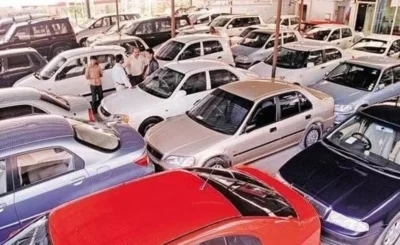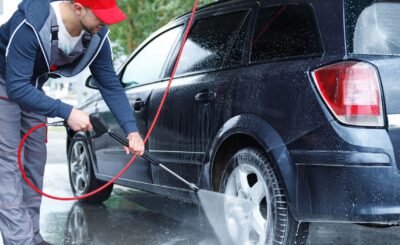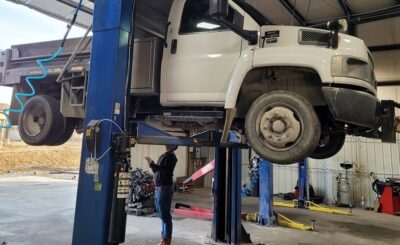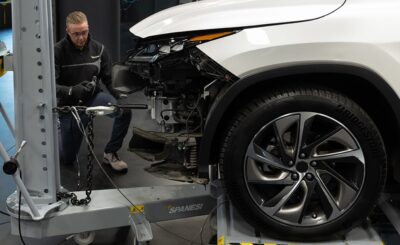A car battery is a crucial part of your vehicle. It provides the power needed to start your car and run its electrical components. The average lifespan of a car battery is three to five years, but several factors can cause it to need to be replaced sooner. It’s important to be aware of the most common causes of car battery failure so that you can take action and keep your car running smoothly. Here are the top reasons why you may need to replace your car battery.
Extreme Temperature:
Extreme temperatures can cause the water in the battery to evaporate, damaging the internal components of the battery and causing it to die out. Heat from the environment and from the engine can cause the battery to overheat, while cold temperatures can cause the battery to cool down too much. To maintain optimal performance, it’s important to keep your car battery at a consistent temperature.
Corrosion:
Corrosion is a common problem that can cause a car battery to fail. It occurs 24hr car battery replacement service Singapore when the terminals of the battery become covered in a white powder-like substance, which is an electrochemical byproduct of the battery’s chemical reaction. Corrosion can prevent the battery from supplying the proper amount of power, leading to premature failure.
Old Age:
As batteries get older, their capacity to hold a charge decreases and they become more prone to failure. This is why it’s important to replace your car battery every three to five years, or sooner if you notice any signs of decreased performance.
Overcharging:
Overcharging a car battery can cause it to heat up, leading to damage and eventual failure. If you notice that your battery is overheating, it’s important to check the charging system and make sure that it’s not set too high.
Electrical Draw:
If you have electrical components in your car that are always drawing power, such as an alarm system, this can put a strain on the battery and cause it to die out more quickly. To combat this, it’s important to make sure all of your car’s electrical components are in good working order and not draining power unnecessarily.
Loose Connections:
If the cables connecting the battery to the car are loose, this can lead to decreased performance and eventual failure. If you notice that the cables are loose, it’s important to tighten them up to ensure the battery is getting the power it needs.
Shorted Cells:
If the cells of the battery become shorted, they won’t be able to hold a charge and will eventually fail. This is usually caused by a build-up of corrosion inside the battery, so it’s important to regularly inspect the battery and make sure there’s no corrosion present.








